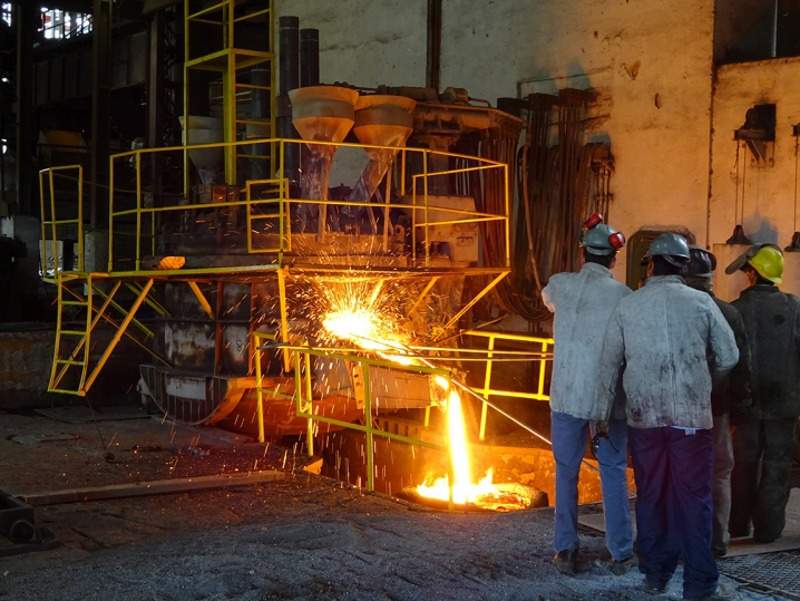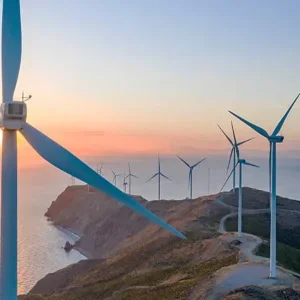
Indonesia’s president Joko Widodo will soon make his final decision on whether to expedite his country’s proposed export ban on various ores including nickel, according the country’s mining minister.
Luhut Pandjaitan said on 13 August, the legislation, currently slated to come into effect sometime in 2022, is being considered for an early introduction in hopes that it will spur investment in the Indonesian smelting industry.
Uncertainty over whether the ban will be implemented sooner rather than later has sky-rocketed nickel prices over the past couple of weeks, with the commodity reaching a 16-month high of $16,690 a tonne on 8 August.
Pandjaitan said: “The president’s decision is expected some time in the future, we are currently awaiting his decision.”
Referring to rising trade tensions between the US and China, he added: “In the current trade war condition, we need to attract as many investors as possible.”
Proposed nickel export ban boosts prices
Last month, nickel prices reached a one-year high rising 3.5% to $14,955 per tonne, which marked the 12th consecutive session of gains for the commodity.
The commodity’s inexorable rise throughout the year has been partly powered by traders in China, but recent speculation over whether Indonesia will enact its proposed export ban of the metal has also been a major contributing factor.
The ban was first made public knowledge through mining legislation passed by the country in 2017, but there has been scant information since.
As recently as last week, Bambang Gatot Ariyono, director general of mineral and coal in Indonesia’s mining ministry, had refused to comment on the likelihood of the law passing in the immediate future, according to Reuters.
Elsewhere, the price of cobalt has fallen sharply so far in 2019, wreaking havoc for the commodity’s market around the world sowing mass investor uncertainty.
Like nickel, the commodity is a key component in the production of lithium-ion batteries, and reached more than $40/lb this time last year, but a combination of oversupply and waning demand has seen its price slashed by as much as 60%.






